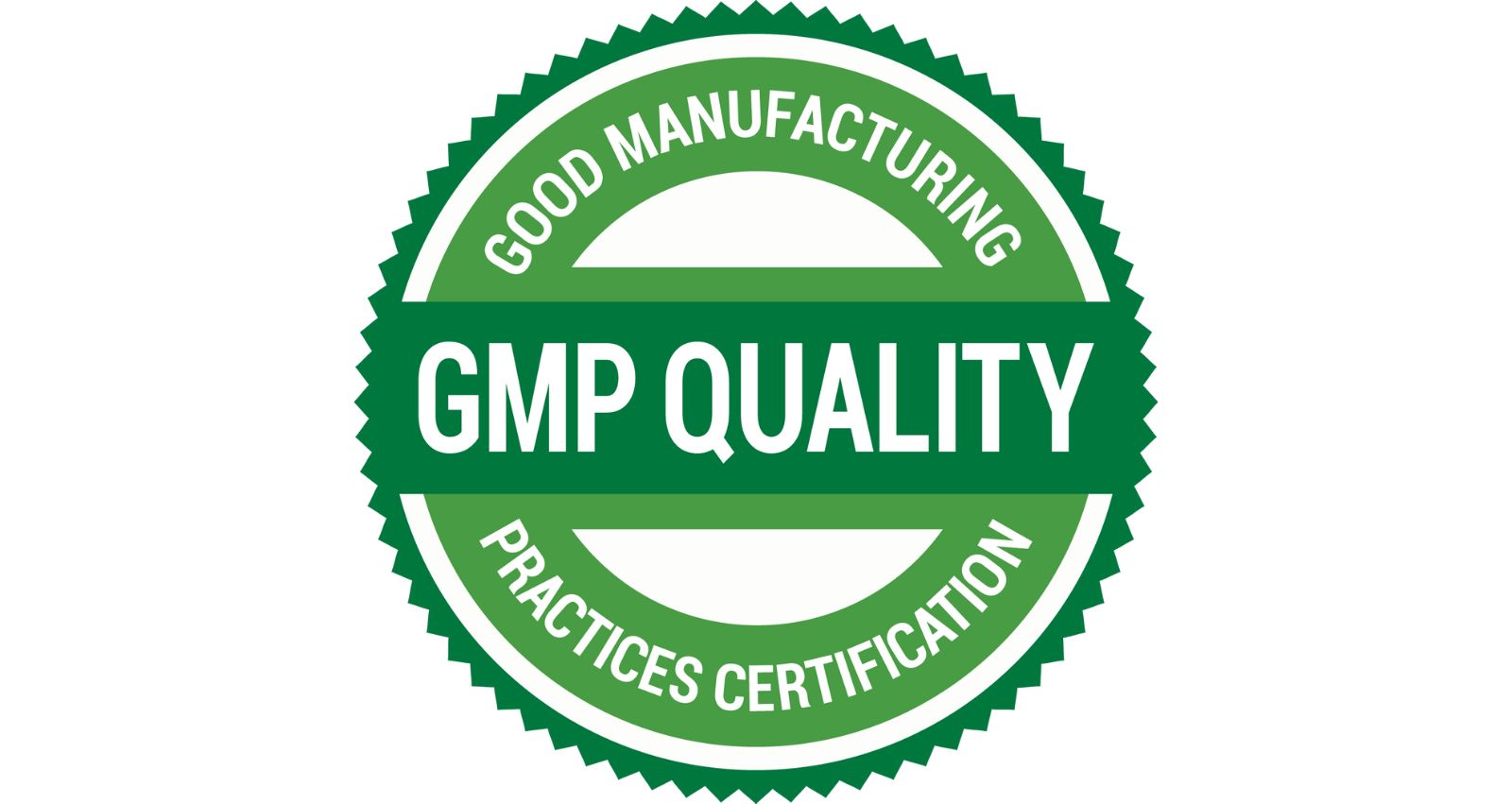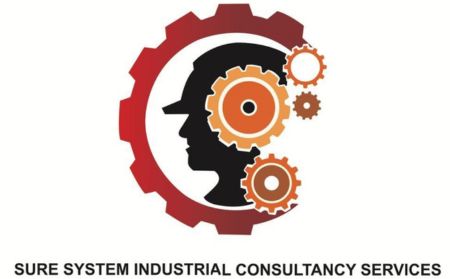
- Date: 06 Apr, 2021
- Website: inusti.com
- Location: New York, USA
- Value: $25,60000
GMP Certification
GMP Certification, which stands for Good Manufacturing Practices Certification, is a quality management system certification used in various industries, including pharmaceuticals, food and beverages, cosmetics, and medical devices. GMP Certification is a testament to a company’s commitment to maintaining high-quality production standards, ensuring the safety and efficacy of its products, and complying with regulatory requirements. Here are key points about GMP Certification:
- Quality Assurance: GMP sets the standards for the manufacturing processes and quality control measures that companies must follow to ensure that their products consistently meet specified quality standards. It encompasses every aspect of production, from materials sourcing to product packaging.
- Regulatory Compliance: GMP guidelines are often mandated by regulatory authorities in different countries. Compliance with GMP standards is a legal requirement for companies operating in industries like pharmaceuticals and food, ensuring that products are safe for consumption or use.
- Product Safety: GMP Certification is vital for consumer safety. It ensures that products are free from contamination, accurately labeled, and meet the intended quality standards.
- Documentation and Record-Keeping: GMP requires companies to maintain detailed records of their manufacturing processes, quality control, and product testing. This documentation helps trace and address any issues that may arise during production.
- Training and Personnel: GMP mandates that employees are adequately trained in quality control measures and adhere to strict hygiene and safety protocols during manufacturing.
- Audits and Inspections: GMP-certified companies are subject to regular audits and inspections by regulatory authorities or third-party certifying bodies to ensure ongoing compliance.
- International Recognition: GMP Certification is often recognized and accepted internationally, making it crucial for companies engaged in global trade.
- Product Quality Improvement: GMP not only focuses on compliance but also encourages companies to continually improve their manufacturing processes and product quality.
- Different Standards: Specific GMP standards can vary by industry. For example, pharmaceutical GMP standards (cGMP) are different from food GMP standards.
Obtaining GMP Certification requires a comprehensive commitment to quality and regulatory compliance. Many companies engage with third-party certification bodies to assess and certify their compliance with GMP standards. This certification helps build trust with customers and regulators and ensures the consistent delivery of high-quality products to the market.
